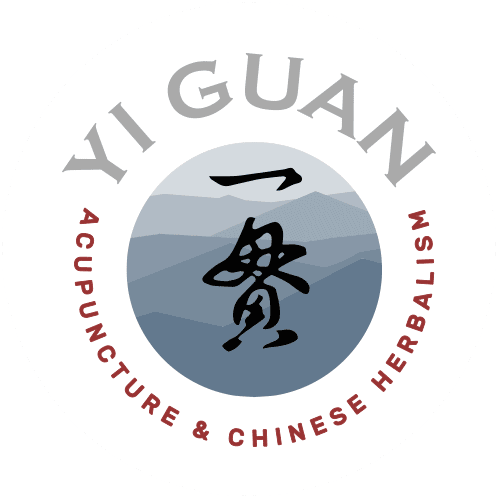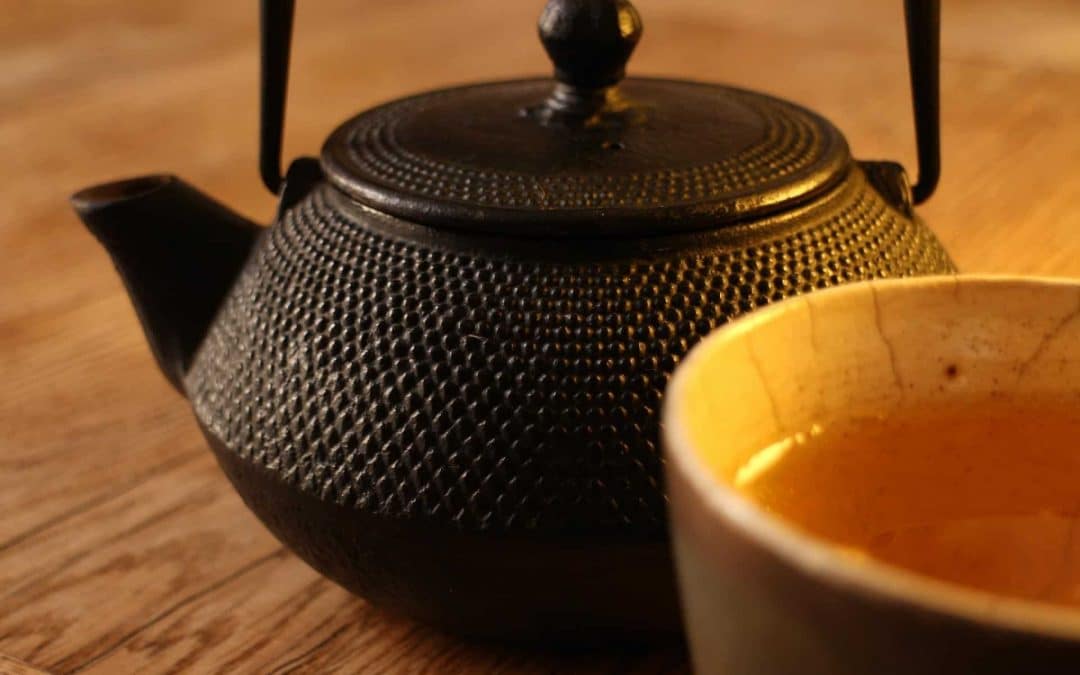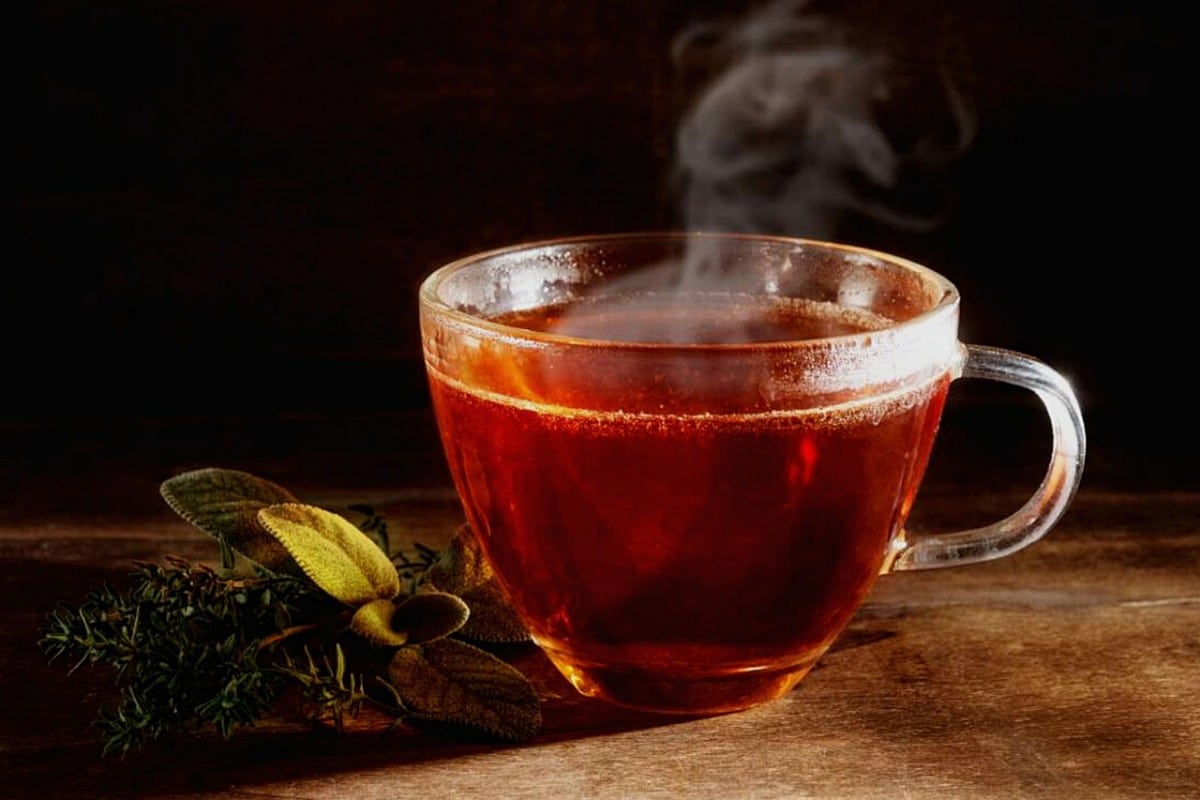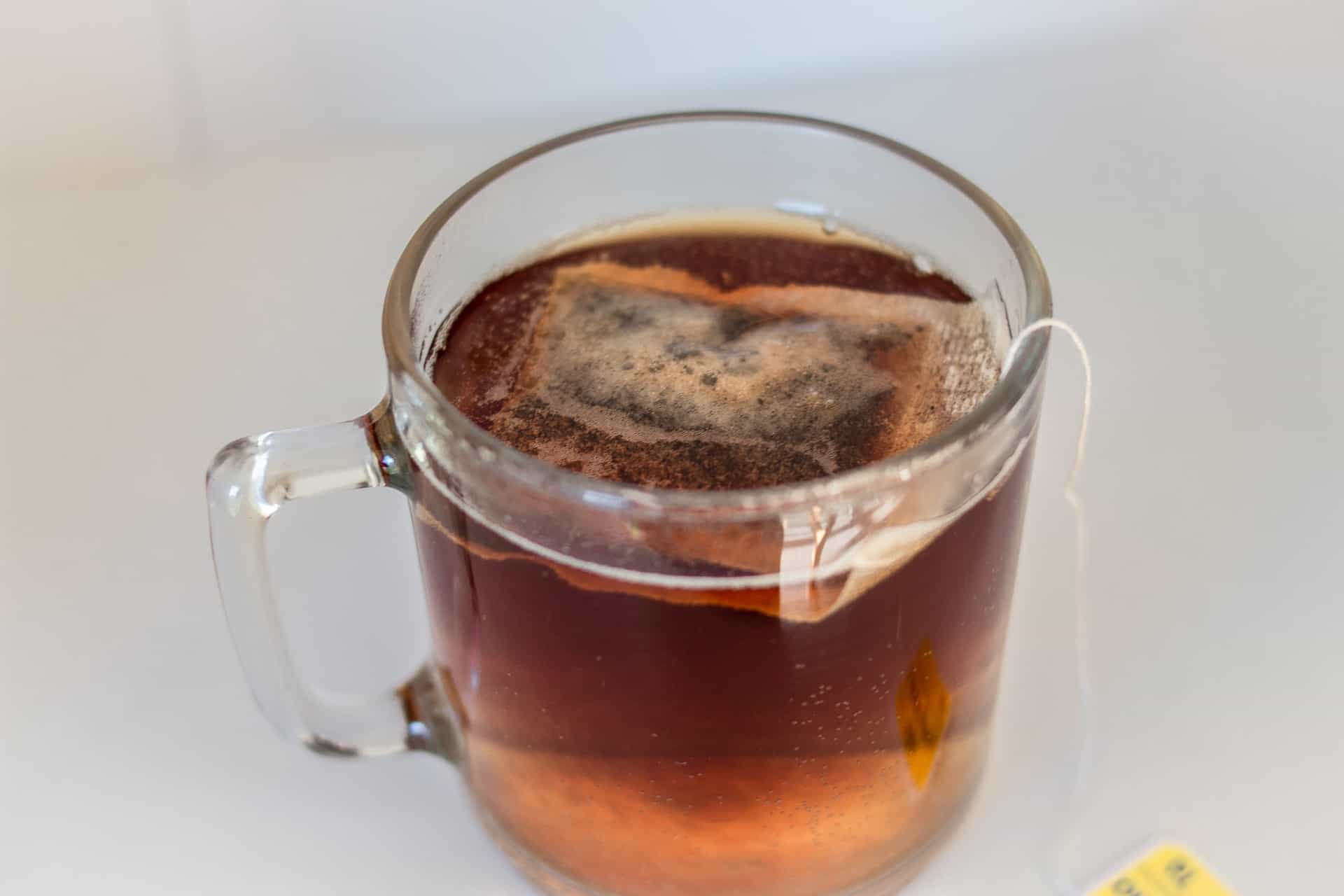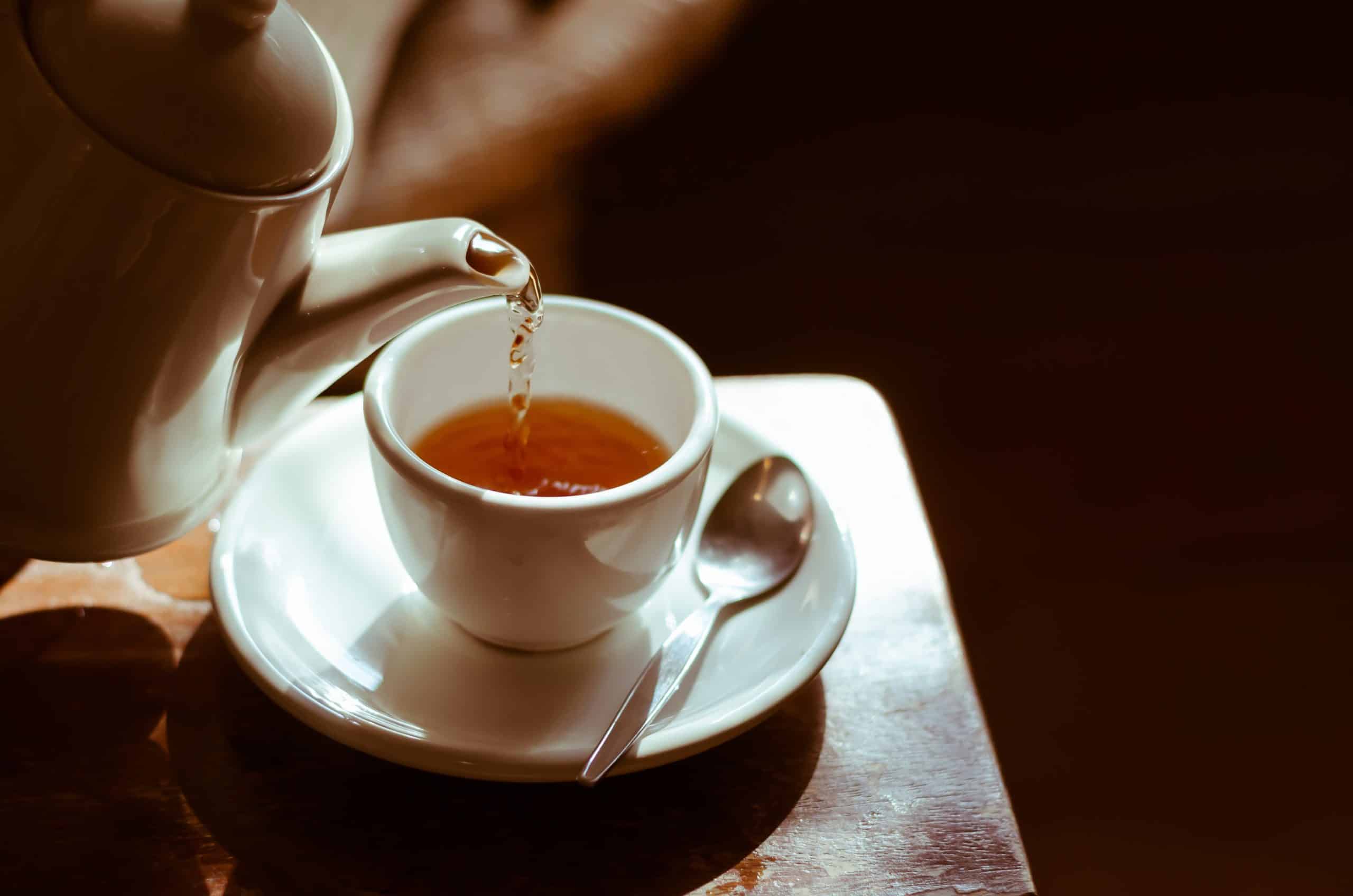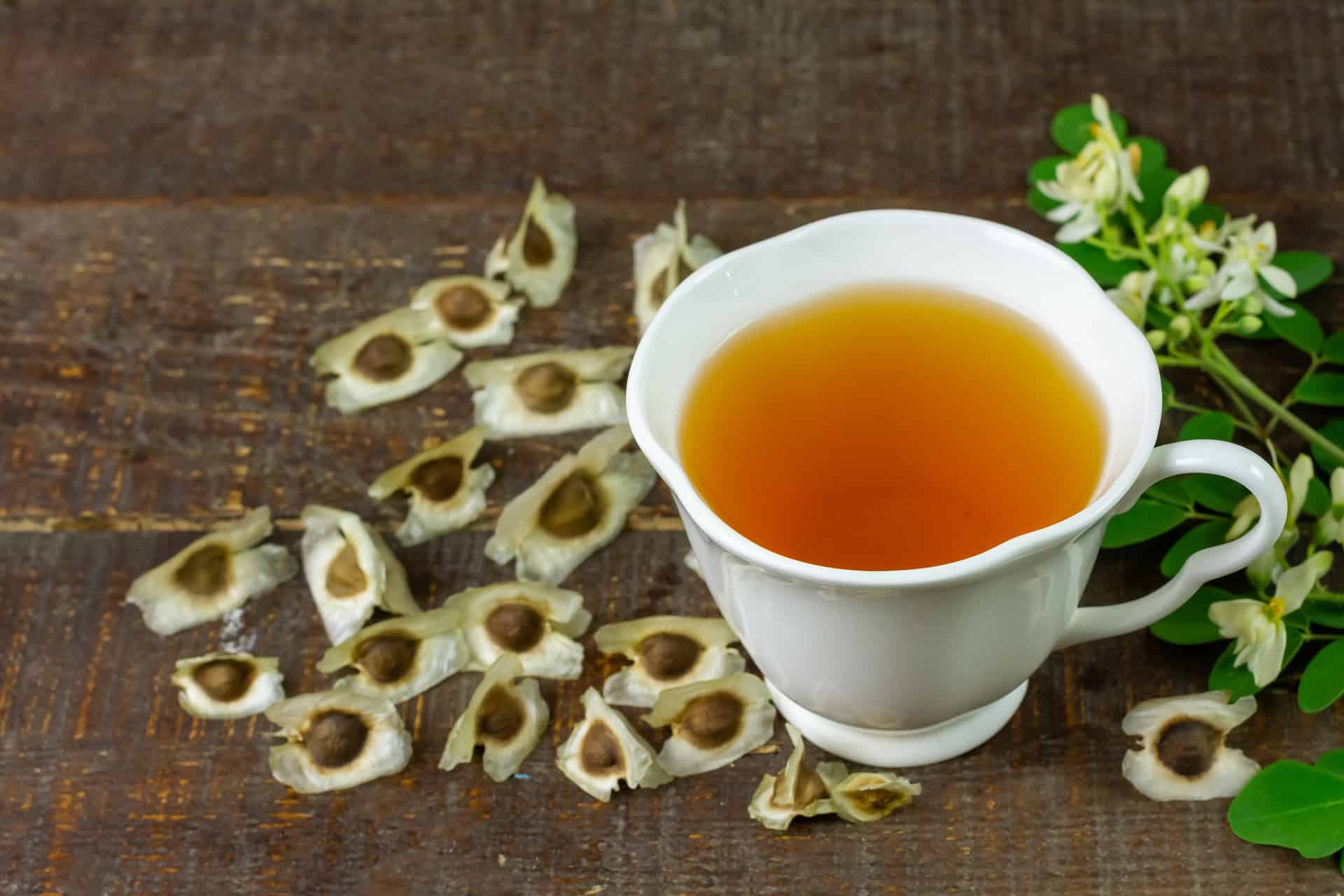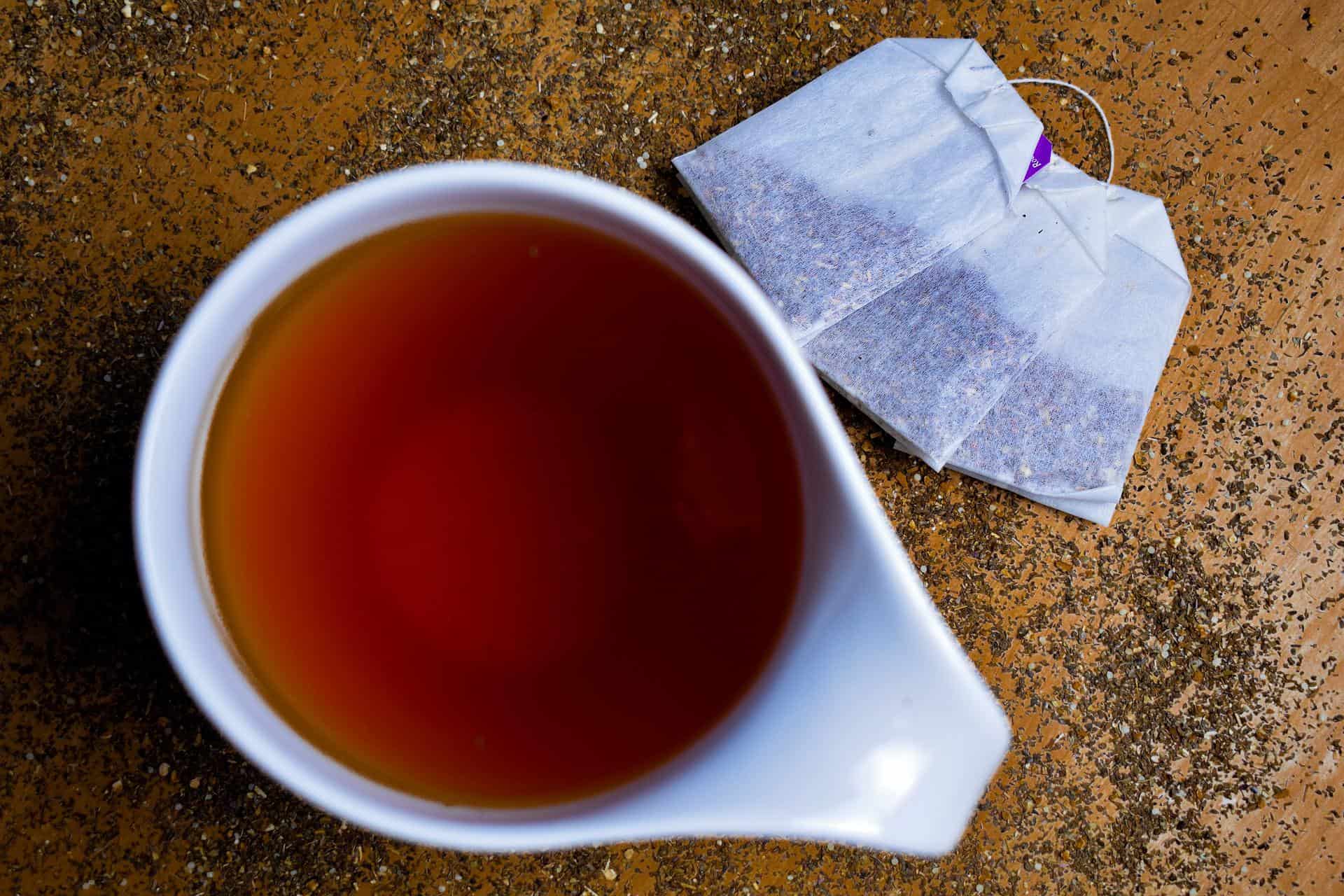Free and Easy Wanderer Herbal Tea for Stress Relief
Yi Guan Acupuncture and Chinese herbalism is proud to offer our own line of medicinal herbal teas designed to taste good and be good for you. Today we’d like to present Free and Easy Wanderer, our blend for anxiety and stress relief.
Classic Formula
This tea is the classic preparation of Xiao Yao San, a famous and very often used formula created in the Song Dynasty. The ingredients include bupleurum, dry fried angelica root, white peony root, atractylodis root, poria, licorice root, baked ginger, and mint. The herbal actions of this formula are to smooth the liver qi, strengthen the spleen, and nourish blood. In the Chinese medical way of thinking, frustration and anxiety stagnates the liver qi. As discussed previously, this can also affect the spleen and stomach, which can in turn hinder the body’s ability to produce strong healthy blood, which among other things, is important to “root the spirit”.
Excess emotions, deficient reserves
In a more modern western way of thinking, this describes the “wired and tired” person who has extra energy going into frustrating emotions, leaving the rest of the system depleted. This formula has been used to treat a variety of psychological conditions from depression, anxiety, and premenstrual syndrome (including pain and cramps). Aside from anxiety and stress relief, some have even found it useful in treating irritable bowel syndrome, sexual dysfunction, insomnia, ophthalmological issues, and more serious conditions such as schizophrenia and affective psychosis.
Western Pharmacology
Though in use for centuries, this formula is relatively new to Western pharmacologic study. At this time, it is not fully known what the full complement of active compounds are in this formula. But several randomized controlled studies have been conducted that demonstrate the formula’s effectiveness in the treatment of anxiety and depression. More focused studies have been conducted to determine the pharmacological mechanism of action. One study demonstrated higher neuronal expression of indoleamine-2,3-dioxygenase 1 (IDO1), which increases the levels of serotonin. Another study demonstrated Xiao Yao San’s ability to decrease corticosterone induced injury to neurons. This mirrors the principle of clearing improper excesses and bolstering deficiencies.
A carefree cup
This tea is designed to smooth emotions and nourish depletions. It is mild and tasty, perfect for long term and frequent use. The name references Daoist philosophical concept of Xiao Yao, often translated as free and easy wandering, relating to a desire to remove yourself from pointless busywork and not let things get to you. A nice warm cup is for all those who could do with a bit of carefree wandering. As with all of our teas, it is sold as a finely ground powder, and not as loose tea leaves or coarsely ground leaves. This caffeine-free tea is not steeped in a tea bag and later removed, like jasmine tea. But it is dissolved in the water and ingested with the beverage, similar to matcha tea. Add 3 grams of the powder (or 1-2 teaspoons) to a cup of warm water and enjoy!
Join the Yi Guan Newsletter List!
Sent out just once a month, the newsletter keeps you informed about acupuncture, herbalism and special offers at Yi Guan Acupuncture and Chinese Medicine.
Article Sources:
Evidenced Based Complementary and Alternative Medicine, Chinese herbal formula xiao yao san for treatment of depression: a systematic review of randomized controlled trials
Medicine (Baltimore), Clinical efficacy and safety of traditional Chinese medicine Xiao Yao San in insomnia combined with anxiety
Frontiers in Pharmacology, An Integrated Pharmacology-Based Analysis for Antidepressant Mechanism of Chinese Herbal Formula Xiao-Yao-San
Brain Research Bulletin, Effects of Xiao Yao San on interferon-α-induced depression in mice
Evidenced Based Complementary and Alternative Medicine, Xiao Yao San against Corticosterone-Induced Stress Injury via Upregulating Glucocorticoid Receptor Reaction Element Transcriptional Activity
Chen, John & Chen, Tina, Chinese Herbal Formulas and Applications, Art of Medicine Press 2015
